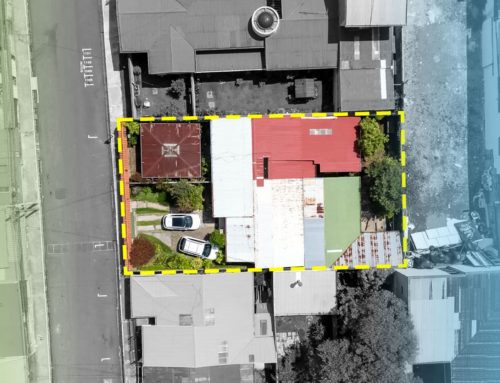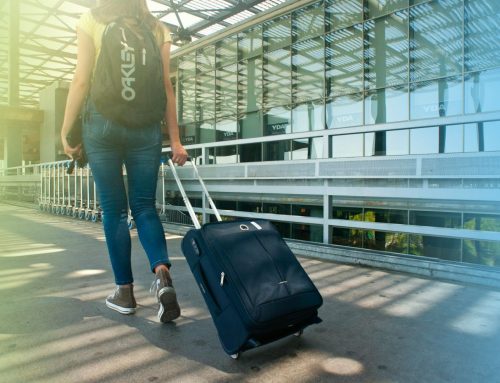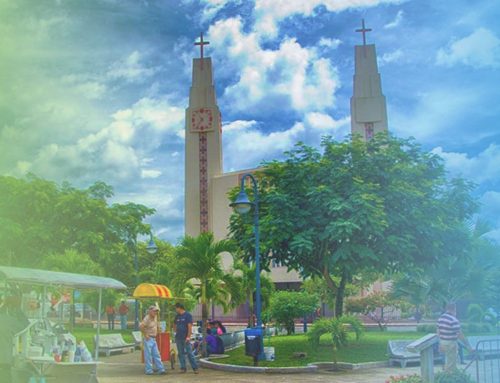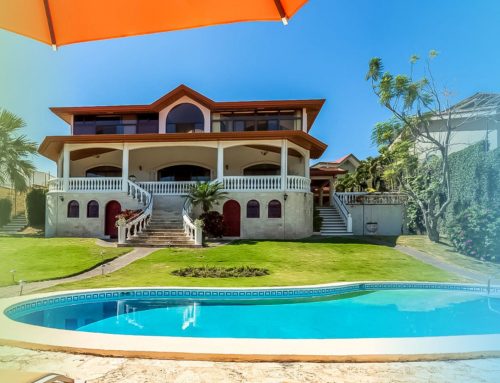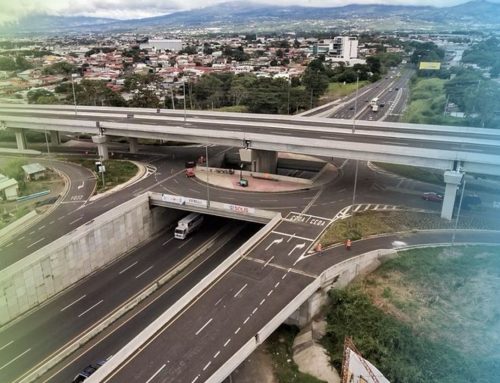The Investment Attraction Law outside the Greater Metropolitan Area (GAM) No. 10234 was created with the aim of promoting investment, generating employment, and boosting productive activity in areas outside the GAM.
According to the first article of the law, companies that make new investments in the country outside the Greater Metropolitan Area (GAM) may obtain the benefits established by the Free Trade Zone Regime Law, Law No. 7210, and its reforms, as long as the projects are new and the companies interested in their development are wholly or partially exempt from income tax, in the terms regulated by the aforementioned free zone law.
This law changes the paradigm from foreign investment to external investment, boosting endogenous development and harnessing the resources of different rural areas in Costa Rica.
Legislation on Free Trade Zone Regime for companies outside the GAM
The Free Trade Zone Regime comprises incentives and benefits that the Costa Rican State grants to companies making new investments in the country.
Companies benefiting from this Regime are primarily engaged in handling, processing, manufacturing, producing, repairing, and maintaining goods, as well as providing services intended for export or re-export.
Article 1 Bis of Law No. 7210 stipulates that for companies established outside the Greater Metropolitan Area (GAM), investments related to public infrastructure and human capital are considered as new investments.
Regarding the former, these may range from road projects to improvements in educational and community care centers in the canton where the company is located. To comply with these requirements, companies must formalize public-private agreements and adhere to relevant regulations.
On the other hand, investments in human capital are aimed at closing gaps, developing new skills, conducting research, training suppliers, and human resources.
Companies must outline these commitments when applying for entry into the regime, pledging to carry out these investments within a maximum period of five years. Monitoring of these commitments falls under Procomer, which assesses compliance through annual reports and periodic audits.
Additionally, specific conditions are set for entry into the free trade zone regime, excluding certain projects already completed or related to other companies already enjoying similar benefits. The Coprocom oversees competition promotion in accordance with current legislation on competition and consumer protection.



